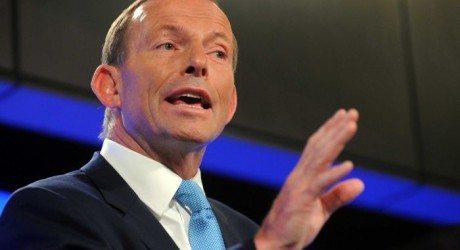Prime Minister Tony Abbott seems to be testing the waters lately by deeming himself as one of the chief villains in what has been dubbed as the war against renewable energy in Australia. This, however, is not the first time that this industry has been dragged into the mud that is Australian politics. In fact, it has always been one of the flashpoints between the administration and the opposition, exploiting both its benefits and disadvantages to further some political agenda.
Pro-Renewable Energy
On one hand, there are the more liberal sectors of both politics and society which have made it a point to champion the move to renewable energy, citing climate change and other environmental dilemmas as imminent threats that should be addressed as early as possible simply because the planet’s welfare, and consequently our own, is at stake. The world has also started to frown upon traditional energy sources given some recent disasters that have resulted in serious damage not just in terms of finances, but also when it comes to human life. With solar quotes peaking recently, though, the popularity of solar and wind energy seems to be on a downturn.
Anti-Renewable Energy
The more conservative thinkers in society argue against this move towards renewable energy because of rising prices in the energy sector, which is blamed partly on this new sustainable energy source. The argument is that the carbon tax addition to consumers’ power bills, which amount to around 9%, is causing more harm than good and should thus be eliminated. In short, they see renewable energy as something that only drives up the cost of power. What is the use of clean and renewable energy anyway if everyone ends up carrying the burden for such an innovation? Besides, traditional power sources such as coal have been reliable all along, at least according to its proponents.
The Future of Australian Renewable Energy
Despite what solar quotes and Tony Abbott might want to say, the facts seem to speak for themselves. Australia is now the seventh in the world in terms of solar power production and consumption and it would be quite difficult to disregard the infrastructure that is already there, although this is the similar stance taken by conservatives who favour traditional sources. Even so, the participation of renewable energy in Australia’s energy sector is still considered as that of a bit player, with just around 3% share of household electricity prices, as per an electricity price breakdown released by the Australian Energy Market Commission.
In the end, the biggest fear here is how Australia’s big leap towards renewable energy could stall, or worse, be all for nothing given the on and off support that it attracts from the federal government, highly dependent on the biases of the prime minister in power. While the benefits could not be reaped at once, it still is a valiant attempt in conserving what is left of centuries’ worth of human exploitation of the planet.



